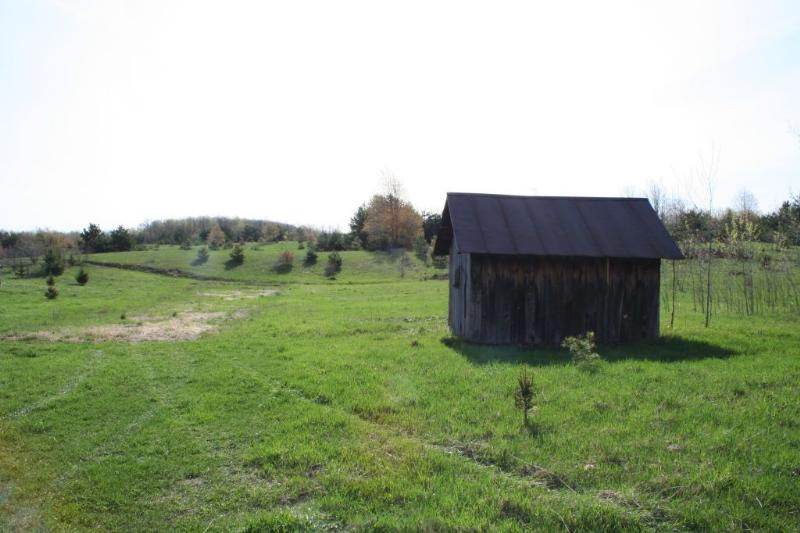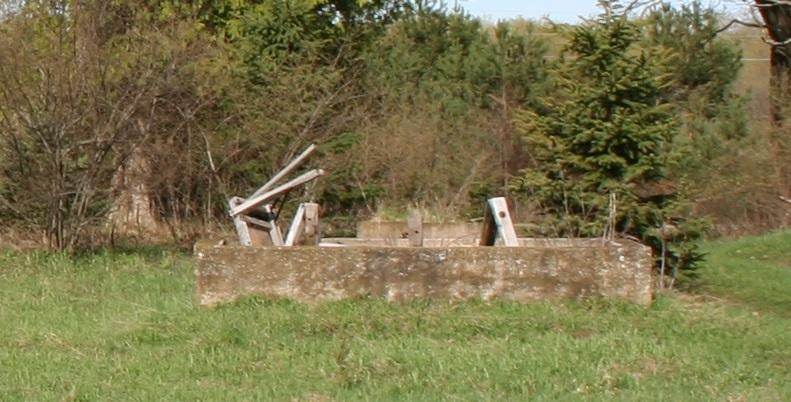





Devotion is the intensity of love. Surrender is the fulfillment of love.








"You must be the change you want to see in the world." "First they ignore you, then they laugh at you, then they fight you, then you win." --Mahatma Gandhi
"Preach the Gospel always, and if necessary, use words." --Francis of Assisi.
"Family farms work when the whole family works the farm." -- Adam Klaus




"We're all just walking each other home." -Ram Dass
"Be a lamp, or a lifeboat, or a ladder."-Rumi
"It's all one song!" -Neil Young





Order copies of my book, Dairy Farming: The Beautiful Way at
www.createspace.com
Help spread the word! Thanks!
struggle - hustle - soul - desire




Devotion is the intensity of love. Surrender is the fulfillment of love.

 2
2




Order copies of my book, Dairy Farming: The Beautiful Way at
www.createspace.com
Help spread the word! Thanks!
struggle - hustle - soul - desire




"We're all just walking each other home." -Ram Dass
"Be a lamp, or a lifeboat, or a ladder."-Rumi
"It's all one song!" -Neil Young




Judith Browning wrote:Our area has fifty inches of annual rainfall but it was difficult and we could not afford a well or much in the way of rainwater harvestig devices. BUT...if you know the folks in the area have good well water and you can afford to drill...then I wouldn't let that be the deal breaker....especially if it was a functioning farm. What did they do for water?
Judith Browning wrote:What did they do for water?


Devotion is the intensity of love. Surrender is the fulfillment of love.








John Polk wrote:
I would not be too concerned with the rust on the roof if that water was to be used for irrigation.
Rust is iron oxide. Could actually help the soils.
John Polk wrote:
My biggest question would be "Why did the Amish sell it?"
The Amish purchase a lot of land every year. As their families/community grow, they need more.
They very seldom sell.
I would be very reluctant to buy ex-Amish land without knowing why they sold it.




John Polk wrote:
My biggest question would be "Why did the Amish sell it?"
The Amish purchase a lot of land every year. As their families/community grow, they need more.
They very seldom sell.
I would be very reluctant to buy ex-Amish land without knowing why they sold it.

|
A day job? In an office? My worst nightmare! Comfort me tiny ad!
The new permaculture playing cards kickstarter is now live!
https://www.kickstarter.com/projects/paulwheaton/garden-cards
|



